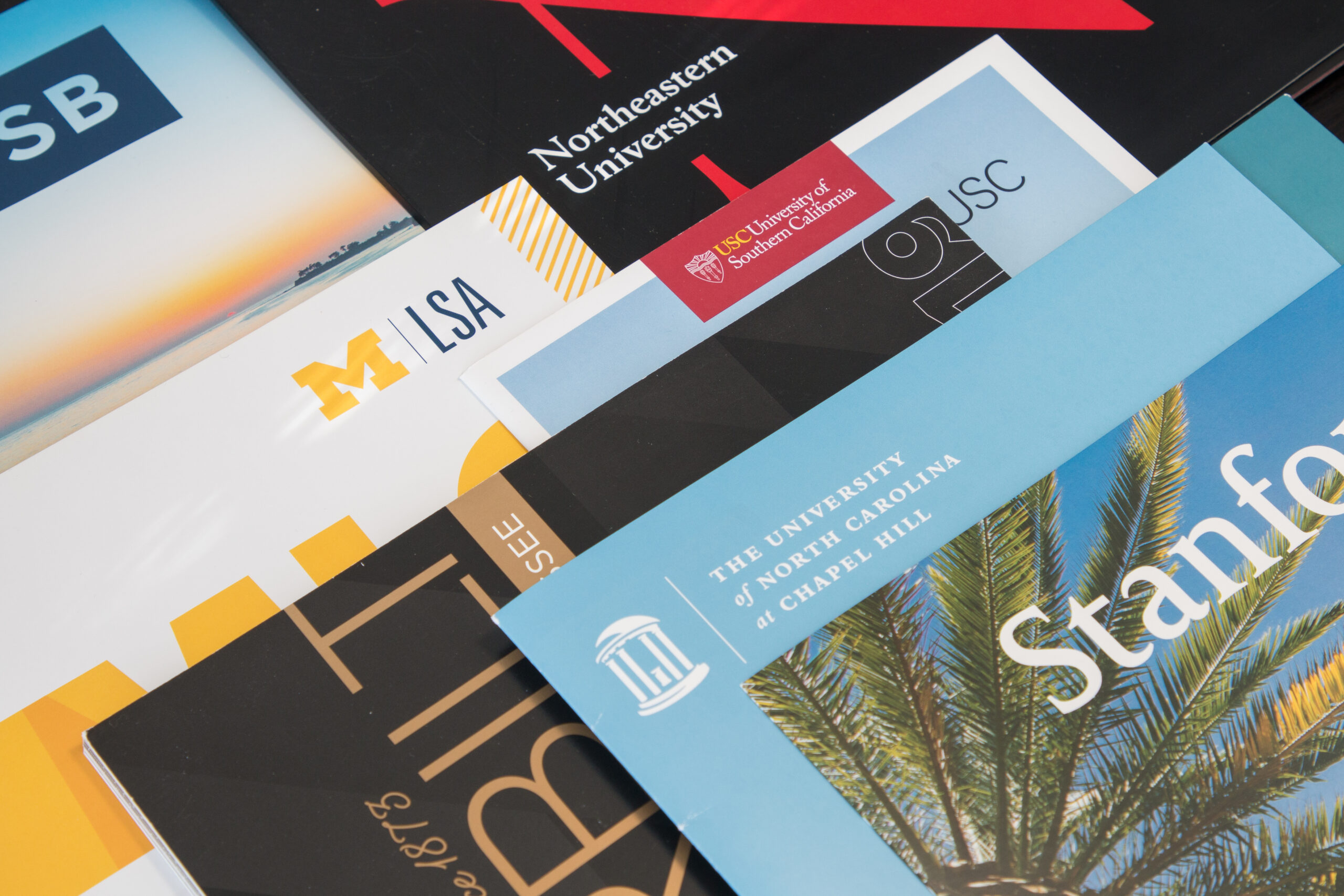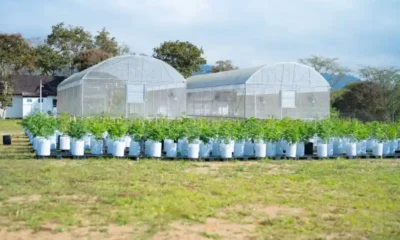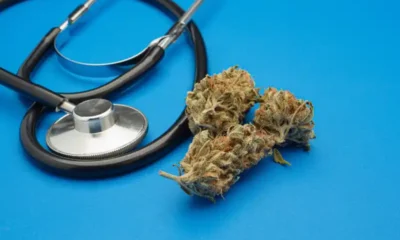Connect with us
Published
4 months agoon

Numerous studies continue to examine the shifts in states that have ushered in adult-use cannabis laws, but new research suggests that these recent reform measures may have an impact on how graduating high school students select potential colleges.
In a new study published in the journal Contemporary Economic Policy, researchers found that colleges in states that have legalized recreational cannabis over the past 10 years saw a significant short-term boost in applications in high-performing students and an increase in application submissions overall.
Using the Integrated Postsecondary Education Data System (IPEDS)—a federal database providing information on specific college metrics like application numbers, student demographic characteristics and tuition prices—researchers analyzed state legislation to observe when recreational cannabis would legally be available to students during particular academic years.
“So long as the recreational marijuana was legally available prior to the end of January—when many applications are due—we argue that marijuana could plausibly affect a prospective student’s application decision for the following fall term,” study co-author Christopher D. Blake writes via The Conversation.
Legal Recreational Cannabis: A Pull for Prospective College Students?
During years that a particular state legalized recreational cannabis, researchers found that the number of applications for a state’s colleges grew by approximately 5.5% more than colleges in states that did not legalize, meaning that colleges in adult-use states saw a temporary boost in applications. Researchers did not see any increase beyond that initial spike, however.
Researchers also found that increases were most prominent in larger schools, observing a nearly 54% increase in applications compared to schools of similar size in states that had not moved to legalize cannabis. The study also found that public colleges and universities saw greater benefit than private ones, even though applications for private schools also rose in states where recreational cannabis was legalized.
The research also noted that schools received more applications from “high-achieving students,” with standardized test scores for the 25% of applicants seeing an increase alongside the number of total applications.
Blake notes that these findings are in line with other studies examining how specific variables can affect a student’s choice in applying for colleges. Referencing previous research finding that schools see a spike in applications and SAT scores when they have winning sports teams, Blake says that the relationship between legal cannabis and student application choices is similarly correlated.
“As researchers continue to assess the risks and rewards of recreational marijuana, our results show that institutions of higher learning benefit when their home states allow their citizens to get high,” Blake said. “One benefit is that schools had a larger and higher-achieving applicant pool to choose from. This in turn creates the potential to improve a school’s academic profile.”
Another recent study found that states with legal weed see better recruitment for college basketball and poorer outcomes for college football teams, suggesting that the respective historical stances of the NBA and NFL on cannabis use may have an affect on prospective college athletes’ choices in colleges.
Remaining Questions and Future Research Aims
This trend doesn’t account for the legal age for adult-use cannabis sales. Freshman coming out of high school are not of legal age, 21, to buy cannabis products, so it’s still unclear why students may base their application on the availability of recreational cannabis when they aren’t able to take advantage themselves for a number of years.
Blake suggests that legal sales may create a perception for applicants that consuming underage in adult-use states carries less risk, that widespread news coverage may make these states seem more popular or potentially because of more “permissive public policies” in these areas suggesting more attractive policies as compared to other regions. Though he admits that it’s hard to pinpoint the exact reasons without talking directly to students.
Another study limitation is that researchers don’t know how much of the application boosts after legalization are driven by students coming from out of state, as the IPEDS database does not require schools to distinguish between in-state and out-of-state applicants.
“A broader look at how college application rates were affected by legalization could yield important insights for colleges in states that permit people to consume cannabis without fear of incarceration,” Blake concludes. “Similarly, it would be insightful to examine how legalized marijuana affected student outcomes for all schools, while accounting for the nationwide disruptions associated with COVID-19.”


Carmelo Anthony Launches Cannabis Brand


Santa Barbara County Approves Study To Address Ongoing Cannabis Odor


Kansas Medical Cannabis Proposal Dead for 2024


Psychedelic Research Proves Rather Tricky for the FDA


Psychedelic Drug Market Poised to Hit $4.6B by 2030


Chronic Pot Use Has Minimal Effect on Motivation, Study Shows
